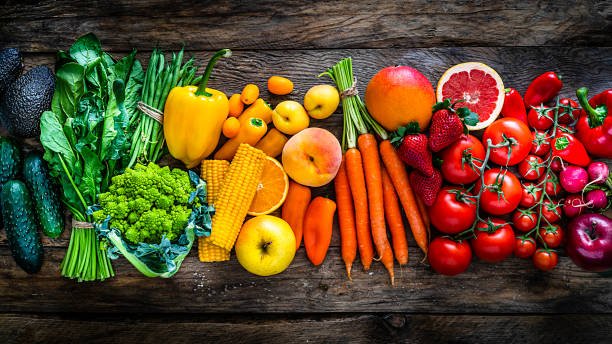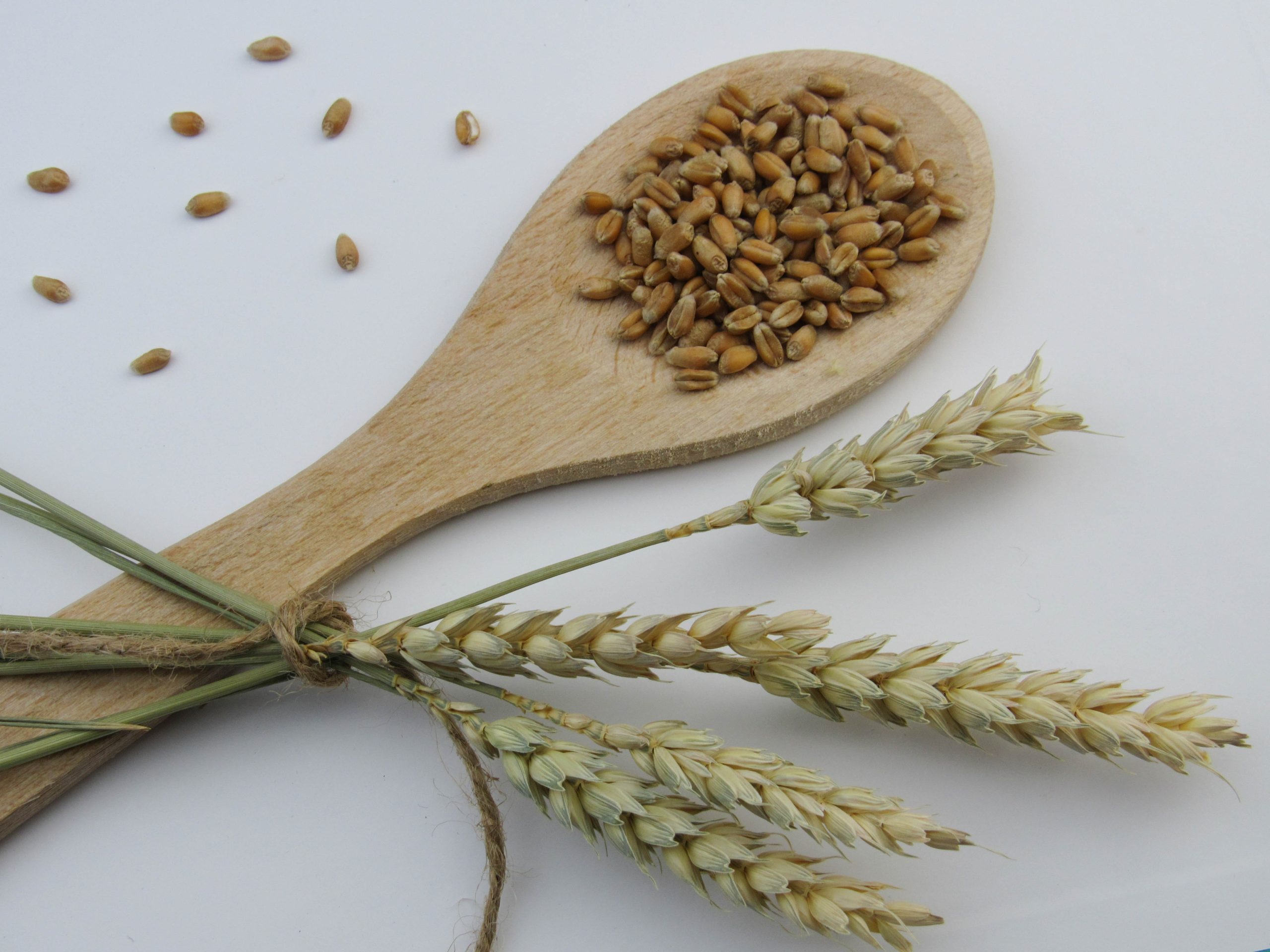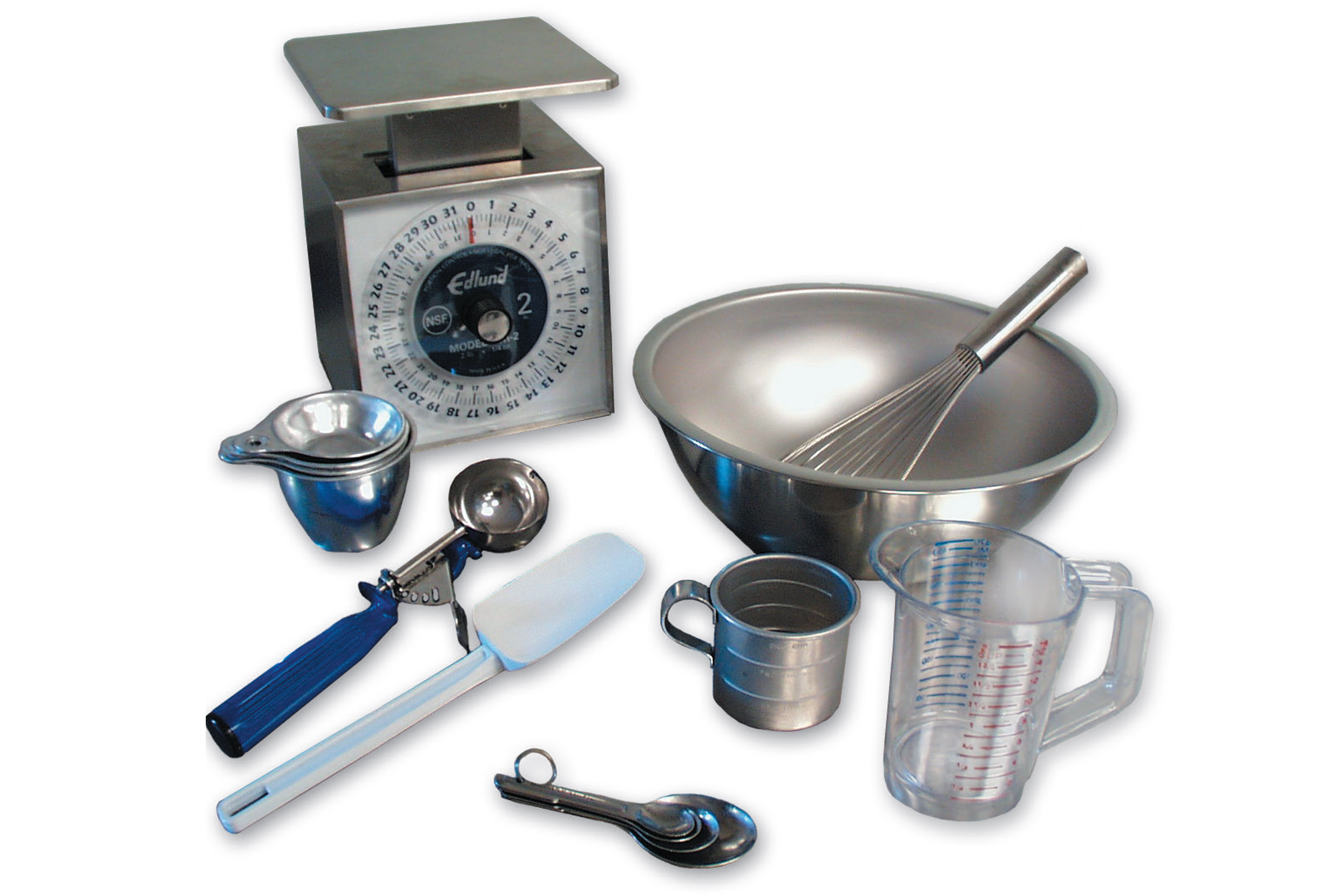

June Food Themes

According to the 2020–2025 Dietary Guidelines for Americans, only 61% of children ages 2 through 4 eat the daily recommended 1–1.5 cups of both fruit and vegetables. Fruits and vegetables can be eaten raw, cooked, frozen, canned, or dried. Consider offering a colorful assortment of bite-sized fruits and vegetables to entice your children. Children “eat” with their eyes first. Let’s make their plates look yummy!
June is National Fresh Fruit & Vegetable Month. What could be more fitting than raising awareness and increasing offerings of fruits and vegetables throughout the month? Think about ways to introduce the children in your care to at least one new fruit and vegetable. Invite a local farmer or Farmer’s market operator to share a sampling of the crop-of-the-week with your children. Children can learn about the harvest and expand their knowledge and taste buds.
What’s in Season in June?
June is “hello summer” month, which means warmer temperatures, brighter skies, and colorful gardens! As the seasons change, so does the availability of fresh produce. June brings a heavy harvest of apricots, blueberries, cantaloupes, cherries, corn, kiwi, lettuces, mangoes, peaches, strawberries, Swiss chard, watermelons, and zucchini. Notice the growing assortment of local fresh fruits and vegetables from the beginning of June until the end of June. Use ICN’s Child Nutrition Recipe Box for fruit and vegetable menu ideas for the June harvest to radishes and other vegetables with USDA MyPlate’s Crunchy Vegetable Wraps. This recipe is highly customizable, so let your sense of adventure run wild!
Food Facts for Kids
- Roughly 72% of the calcium in the U.S. food supply comes from dairy products.
- It takes 10 lbs of milk to make 1 lb of cheese.
- Eggshells do not affect the flavor or nutritional value of the egg. It is simply indicative of the breed of bird.
- Hens only need 24 hours to develop an egg.
- Hens will eat eggs if they are not collected promptly.
References
Institute of Child Nutrition. Child Nutrition Recipe Box (2021). Mango Smoothie Bowl – USDA Recipe for Child Care Centers.
https://theicn.org/cnrb/recipes-for-centers/recipes-for-centers-breakfast/mango-smoothie-bowl-usda-recipe-for-child-care-centers/
International Dairy Foods Association. (2021). Dairy Nourishes.https://www.idfa.org/
International Egg Commission. (2021). World Health Day. https://www.internationalegg.com/
U.S. Department of Agriculture. (2020, December). Dietary guidelines for Americans 2020 – 2025: Make every bite count with the dietary guidelines.
https://www.dietaryguidelines.gov/sites/default/files/2020-12/Dietary_Guidelines_for_Americans_2020-2025.pdf
U.S. Department of Agriculture. (2020, December). The dietary guidelines for Americans can help you eat healthy to be healthy.
https://www.dietaryguidelines.gov/sites/default/files/2020-12/Infographic_Eat_Healthy_Be_Healthy.pdf
U.S. Department of Agriculture, MyPlate. (2021). MyPlate kitchen.
https://www.myplate.gov/myplate-kitchen
About Mealtime Memo
Mealtime Memo (MTM) is focused on nutrition and wellness in child care settings and is specifically intended for use by child care professionals who participate in the Child and Adult Care Food Program (CACFP). The objective is to provide research-based best practices for planning, preparing, and/or serving nutritious, safe, and child-friendly meals in child care settings operating the CACFP.
Beginning in January 2021, the MTM moved to an electronic, blog-style newsletter. To ensure you automatically receive the latest issue, click here to subscribe!
Please note: To ensure MTMs provide the most accurate, up-to-date information, any references to Federal regulations, nutritional standards, and other best practices are considered current at the time of publication. Please be advised that this information is NOT updated to reflect any changes/revisions beyond the publication date. In addition, all MTMs published prior to 2017 have been archived are no longer available on our website. If you need access to an archived MTM or for questions on the latest regulations and standards, please contact ICN’s Help Desk at helpdesk@theicn.org or 1-800-321-3054.














